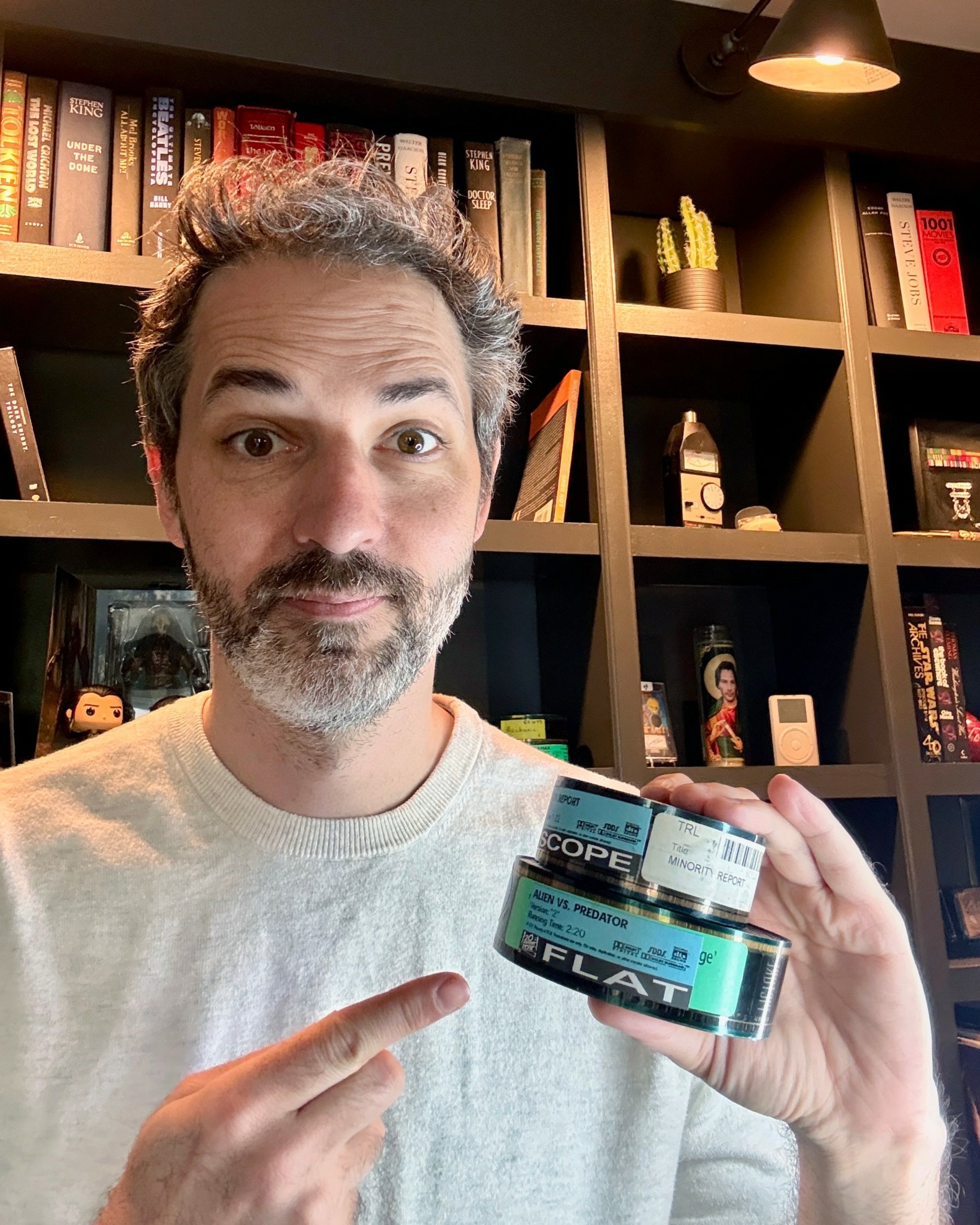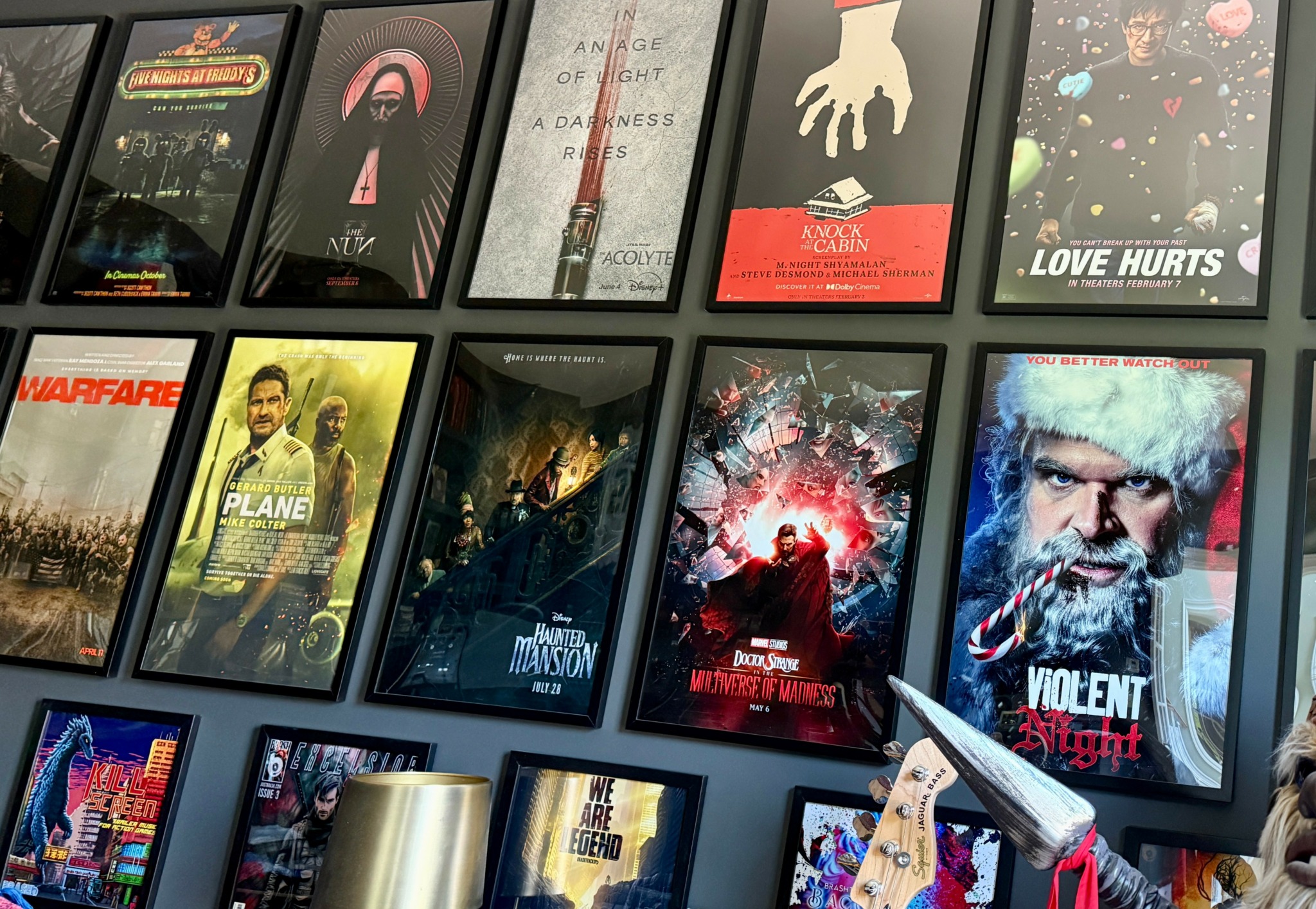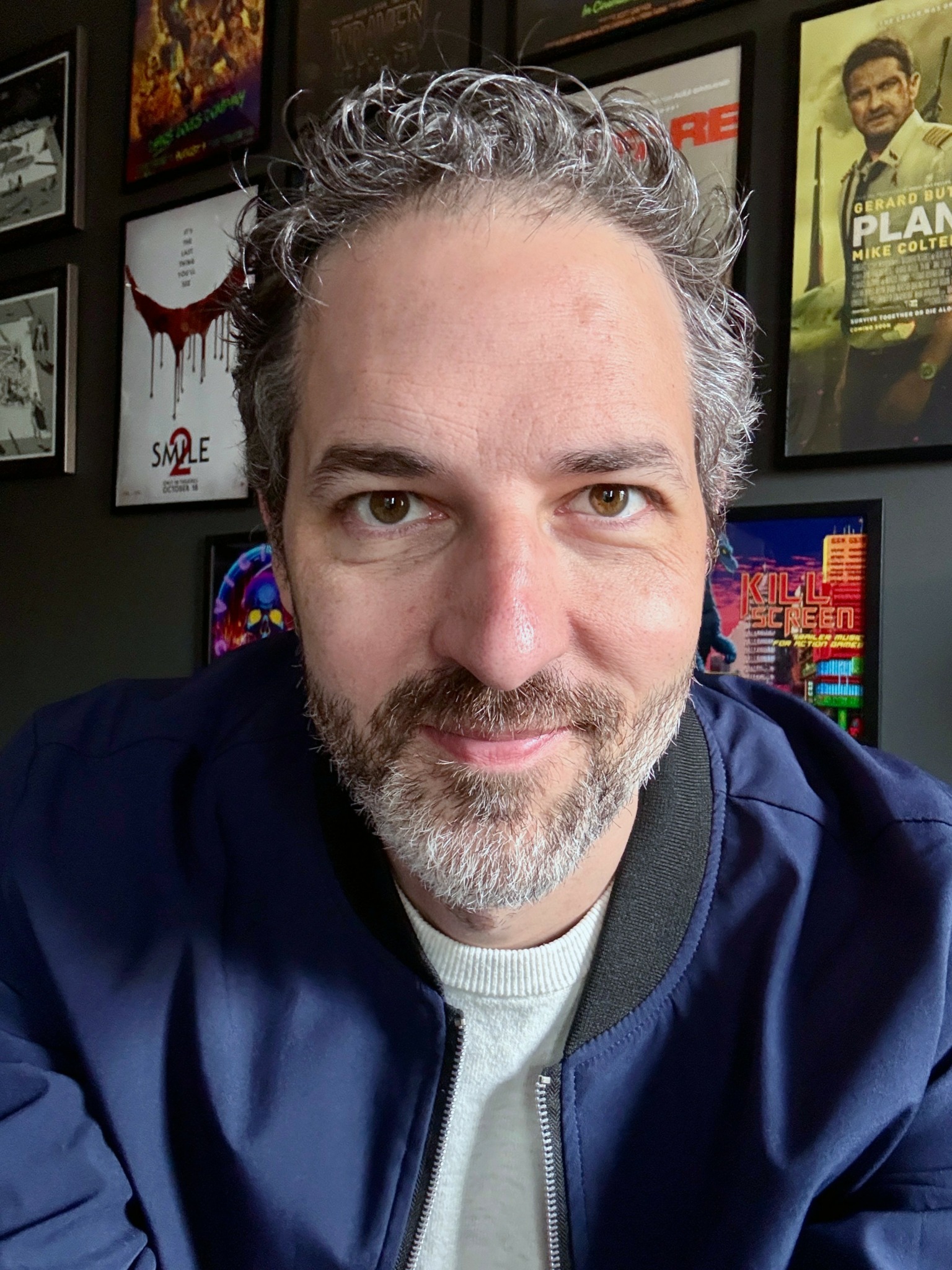We’re excited to introduce you to the always interesting and insightful Brian McKinney. We hope you’ll enjoy our conversation with Brian below.
Brian, looking forward to hearing all of your stories today. How do you feel about asking friends and family to support your business? What’s appropriate, what’s not? Where do you draw the line?
I got my professional start later in life than a lot of my peers. At the age of 18 I joined the Marine Corps as a way of getting out of the rut I could feel myself sinking into growing up in rural New Hampshire.
By the time I met my wife, Kelly, I was a freshman in college in Charlotte, NC. I was 23 and splitting my time between a full-time day job, nights and weekend college classes at UNC Charlotte, and an independent concert promotion company I was running as a way to get involved in the local music scene.
By the time we decided to start having children a few years later I still had a year left of college and I was running my own music PR business, so we decided that I would be a stay at home dad and do my music businesses on the side.
We ended up having 3 children and they’ve always been the most important thing in my life. With my wife having a successful career in the corporate world, I would only take on as many music projects as I felt comfortable handling while still focusing on the kids’ school and and activities. But every step of the way my wife and kids were there to support my creative business passions, whether it was an indie record label, artist management, or music publishing. It meant that I didn’t grow as fast as my peers, but it also meant that I didn’t have to neglect my family or make my business income the priority.
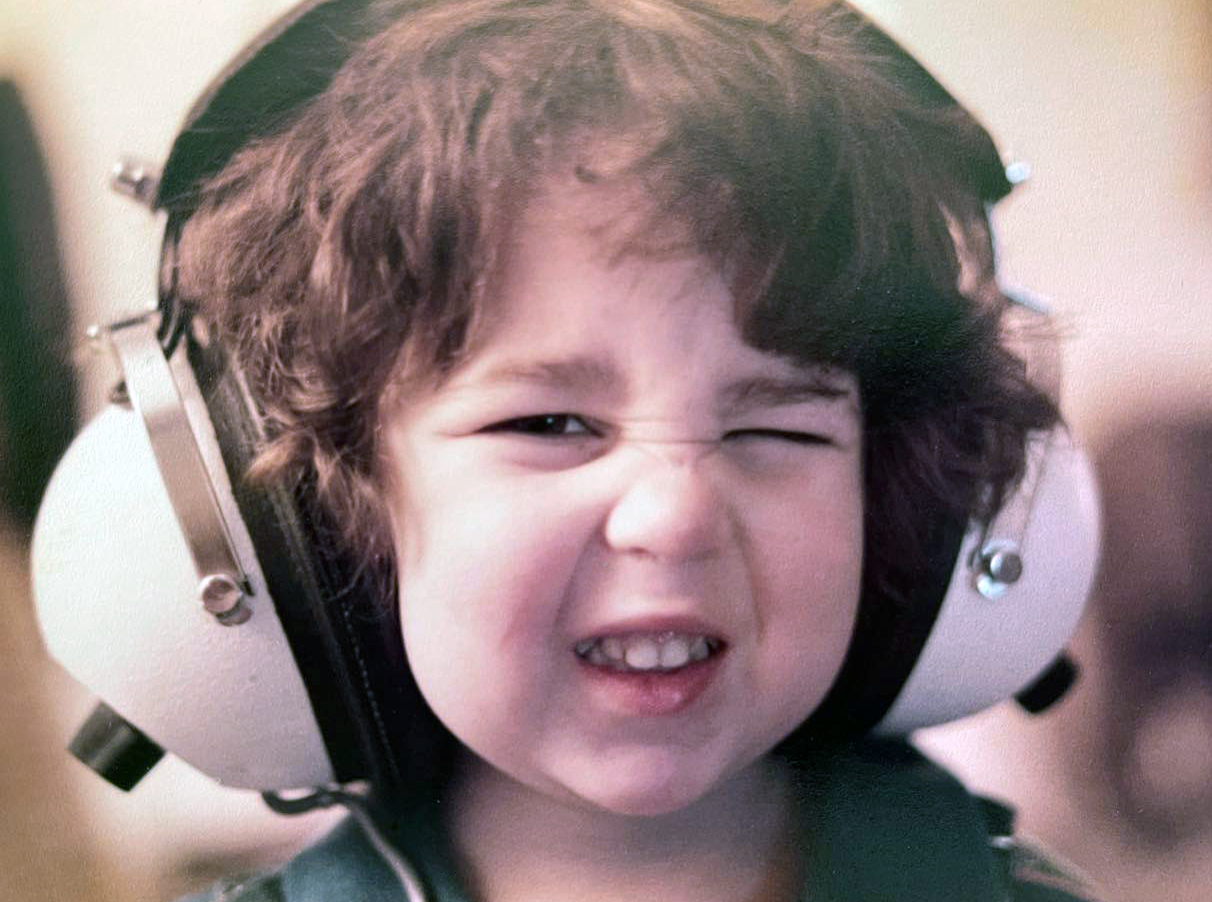
Brian, before we move on to more of these sorts of questions, can you take some time to bring our readers up to speed on you and what you do?
As I mentioned, I got into my career a bit later in life due to my military service. I also played in bands growing up, but was never very good at guitar or singing, so a leadership and strategy role become more desirable to me.
While in college in the mid=2000s I started promoting concerts in Charlotte putting on shows at different venues around town with bands like Band of Horses, Cursive, The Wrens, of Montreal, MGMT, DeVotchKa, and various local artists.
The networking, marketing, and artist relations aspects of the gig led me to doing PR for local music legend Mitch Easter (Let’s Active front person, REM producer). When my wife and I moved to Los Angeles I stopped promoting concerts and went into artist PR and eventually management. Working on the business side of music was fantastic as I was able to work with the amazing artists I loved to listen to and see live, while helping them further their careers and meet their goals.
One of the songwriters I approached with a PR proposal was UK musician Andy Yorke, who was the front person for Unbelievable Truth and was signed to Virgin Records in ’90s when I saw him tour with Tori Amos. Andy was actually prepping to release a solo album and we decided that I would start a label and release the album in the US. This led to starting Chocolate Lab Records to release Andy’s album as well as a dozen or so albums from other artists.
One thing that was always important to me was figuring out ways to help artists and bands support themselves in the always changing music world. One of my longtime friends and management clients, Jonny Rodgers, was performing and touring, but also doing ad music – jingles as a means of supporting his family. I thought it was an amazing idea to use music licensing as a way to feed yourself and your family while still staying creative and doing the live music and songwriting. So that led me start my current company Brash.
With Brash I began working with my other management and PR clients, pitching their songs to films and TV shows – also known as sync licensing. I started signing other artists as well and had a great run placing songs in popular shows like Shadowhunters, Shameless, Teen Mom, and Stranger Things. My main goal has always been to help creatives provide income sources from their art while simultaneously freeing up their time to create more art.
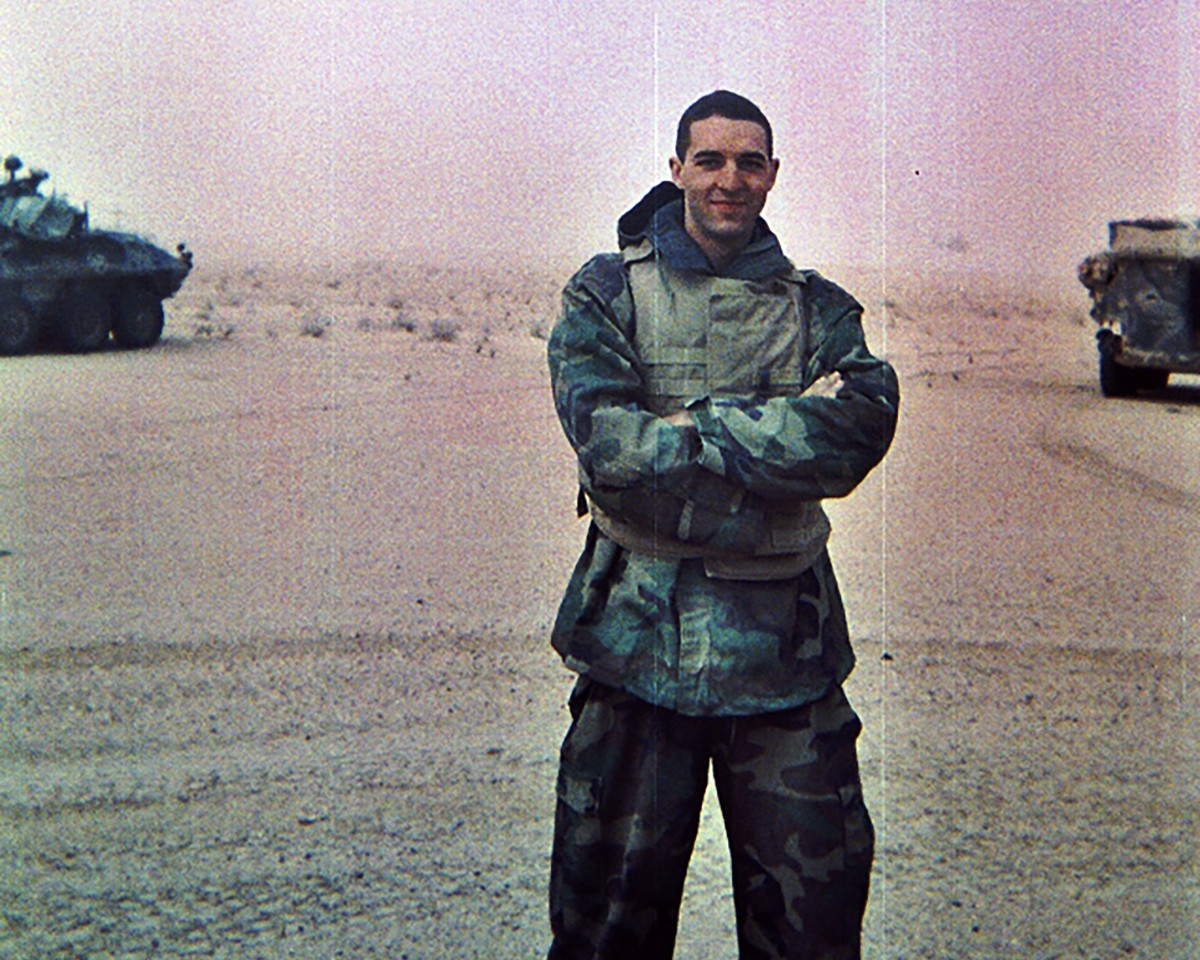
Let’s talk about resilience next – do you have a story you can share with us?
During the pandemic the film and television industry was essentially at a stand-still. Not a lot of productions were operating and not a ton of sync licensing was happening. I decided that it would be an excellent use of my downtime to pivot and broaden my licensing horizons.
So while cooped up with my family, trying to stay healthy, I started taking an online course in trailer music. I’ve always loved movie trailers, but with my indie rock background I never really understood the alchemy of creating music for trailers. My idea was that I would take this course, learn the ingredients and process of creating trailer music as a way of immersing myself in the trailer music world and become a trailer music publisher. While I don’t consider myself a composer, I’ve always had a keen ear for music, so learning the basics of trailer music meant that I could now recognize the cues and submissions that would be suitable for trailers and avoid those that might sound pretty epic to the untrained ear, but would never be used in a contemporary film campaign.
Since then we’ve gone on to release almost 50 albums of trailer music and had music and sound design placed in campaigns for Doctor Strange 2, Star Wars Acolyte, Five Nights at Freddy’s, Among Us, Prey (Predator 5), Haunted Mansion and many others.
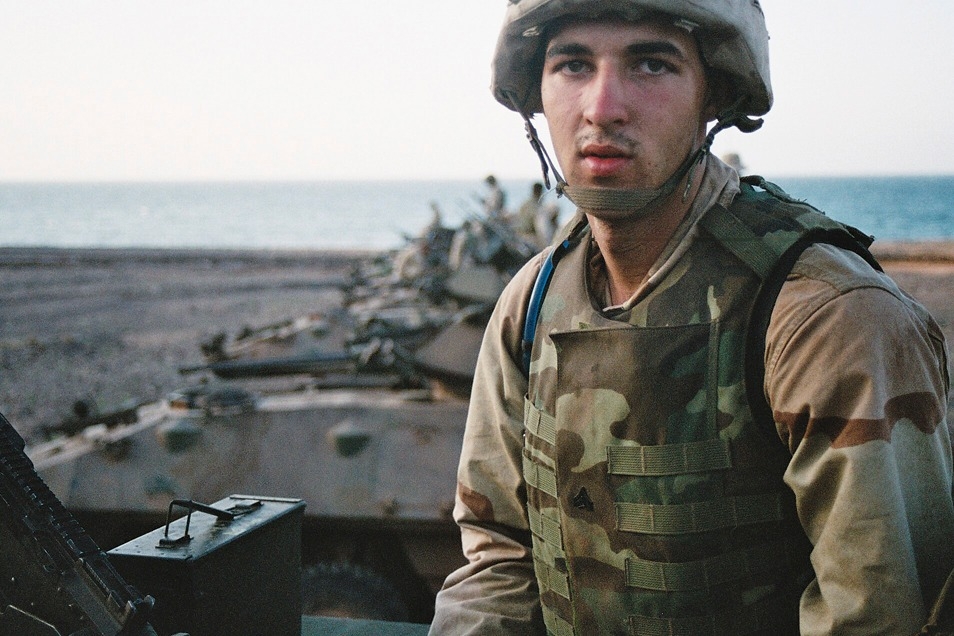
What’s worked well for you in terms of a source for new clients?
In my industry, the grind is real. Most of the agencies are based in Los Angeles, but we relocated to the East Coast in order to live our ideal life. This means that I’m not able to attend every mixer, conference, and event where local publishers are able to network, putting my company at a slight disadvantage.
There are only so many film campaigns at one time and only so many agencies working on the trailers. But there are new trailer publishers popping up all the time, not to mention the juggernaut publishers that have multiple employees, in-house composers, and huge catalogs of existing music. This means that I need to grind extra to stay relevant in the eyes of our clients.
There are typically two ways get music in a movie trailer. The first is by releasing albums of cues in various styles and sending them out to music supervisors and editors. They’ll have those on hand and reach out if something from the catalog fits a cut they’re working on. The other way is by doing a custom, which means creating a bespoke piece of music or remixing a popular song and adding trailer elements to make it fit their vision.
Every week I’m reaching out to new and existing contacts trying to make sure they keep us in mind if they have any new trailers that need custom music. There is so much competition that sometimes a well-timed email is just the thing to get a shot at the new Marvel campaign.
Contact Info:
- Website: https://www.justbrash.com
- Instagram: https://www.instagram.com/brashtracks/
- Facebook: https://www.facebook.com/brashtracks
- Linkedin: https://www.linkedin.com/in/briansmckinney/
- Youtube: https://www.youtube.com/BrashTracks
